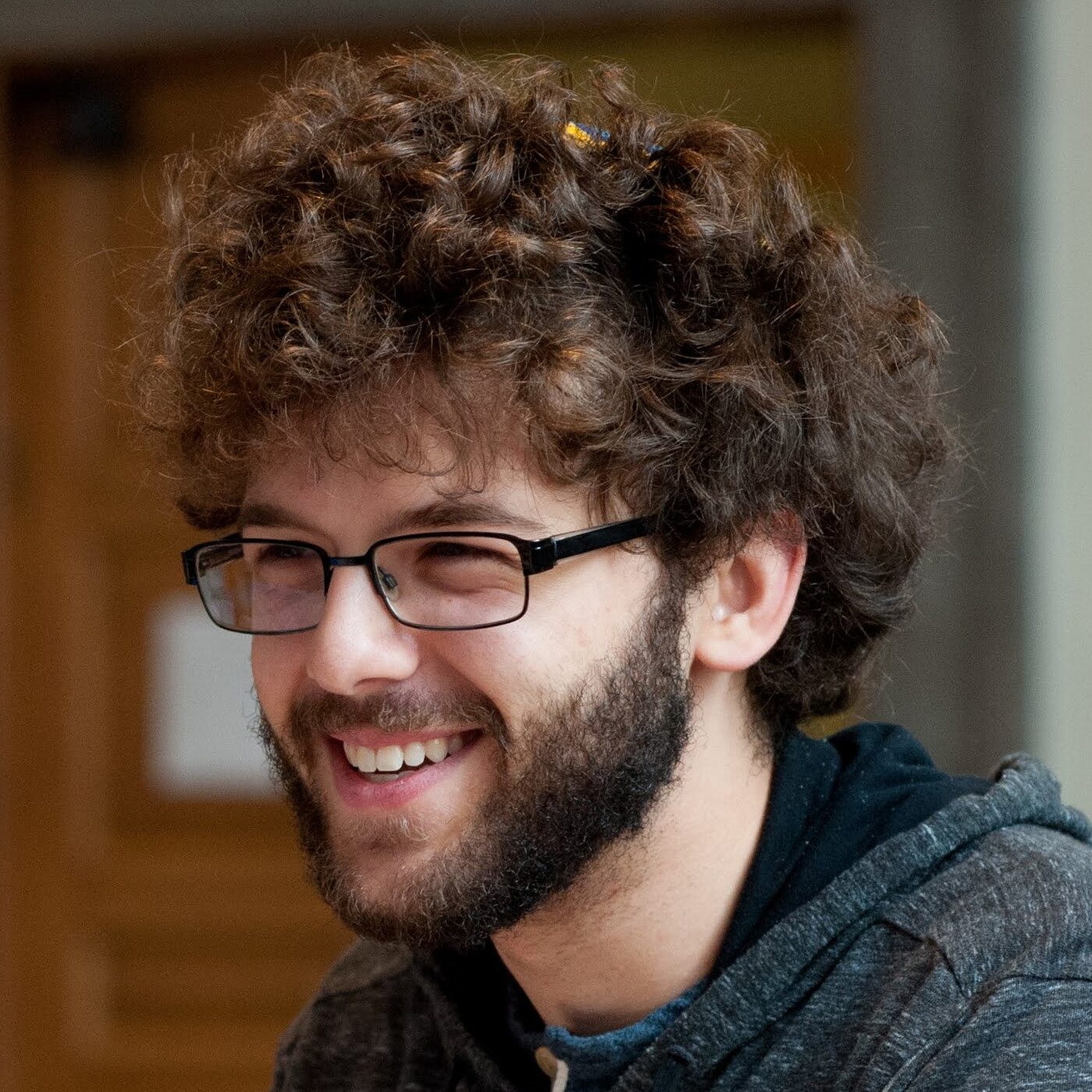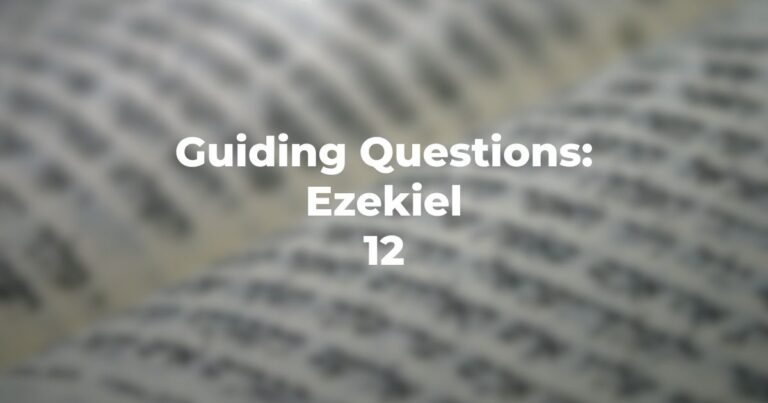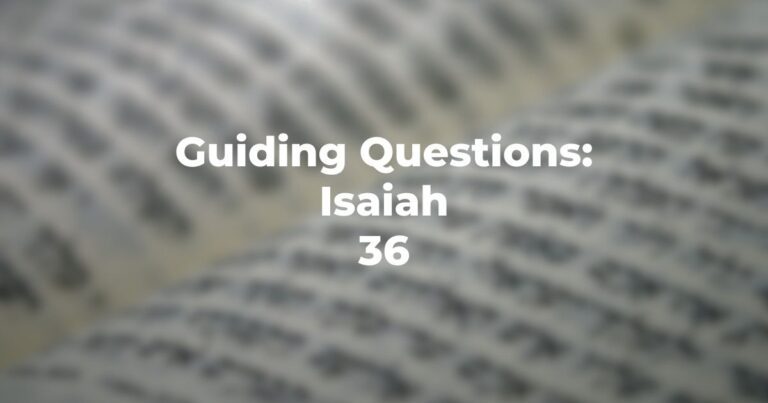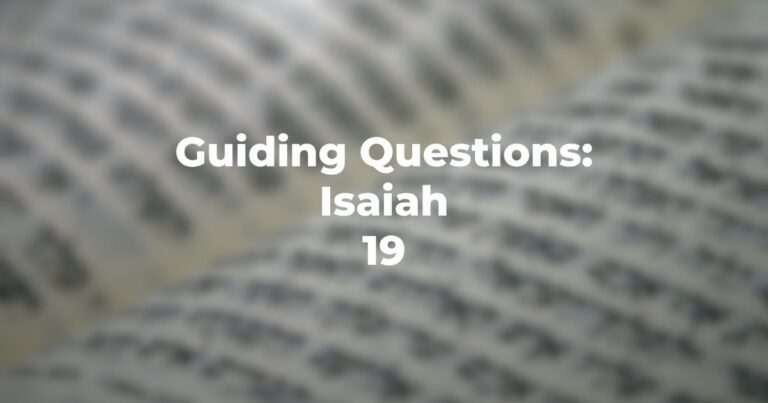There is a place where G-d goes to cry.
It’s hard to imagine the creator of the universe crying. It feels inappropriate. Like an anthropomorphism crossed with a teenage diary of bad poems. And yet. The Rabbis read Jeremiah 13:17 without flinching: “For if you will not give heed, I must weep in secret (b’mistarim), Because of your arrogance; My eye must stream and flow, With copious tears.”
In the TalmudReferring to one of two collections, the Jerusalem and Babylonian Talmuds, edited in the 6th century, that contains hundreds of years of commentary, discussion, and exploration of the ideas in the Mishnah. One could describe it as Mishnah + Gemara = Talmud Read more (Chagigah 5b) Rav Shmuel bar Inya says in the name of Rav: “The Holy One of Blessing has a place where G-d cries, and its name is Mistarim.” The Rabbis do not question the existence of G-d’s tears, they are only interested to discover that there is a special place reserved for G-d to cry.
Of course, G-d cries, the Rabbis seem to say, why not?
But the knowledge that G-d cries might do something to us. It makes our tears something we share with the creator of the world. When Rachel cries later in the book of Jeremiah for the exile of her children, G-d understands what it means. Crying is a language we share, and it has a profound effect on the origins of the Jewish people.
When the Daughter of Pharaoh sees the basket which contains baby Moses, she sends a girl to fetch it.
וַתִּפְתַּח וַתִּרְאֵהוּ אֶת־הַיֶּלֶד וְהִנֵּה־נַעַר בֹּכֶה וַתַּחְמֹל עָלָיו וַתֹּאמֶר מִיַּלְדֵי הָעִבְרִים זֶה׃
And she opened it, and she saw the baby, and behold! There was a child crying, and she took pity on him and said, “of the Hebrew babies is this one! (Exodus 2:6).
This sequence is deeply moving. Notice each part. She opens, she sees, he cries, she has pity, and then she knows that he is a Hebrew.
How does she know? Our commentators make claims that she logically deduced it, that she knew Moses was a Hebrew baby because he was in the river or she saw he was circumcised. I’m not convinced. She sees this baby two verbs before she identifies him.
This sequence is intentional. Before Moses’ identification, we hear that he is crying and that she is moved to pity by him, only then does she exclaim his origins. The interaction of crying met with pity is how she learns who he is.
Egypt is a society of hardened hearts, made up of people who have gotten used to ignoring the suffering they inflict. The Israelites live lives of misery and enslavement and no one cares. Egypt does not wish to imagine a better world.
Israel does not have such luxuries.
They remain the ones who still know how to cry, how to be heartbroken, how to long for a different world. Their babies still cry, bequeathed an inheritance of tears. Upon hearing Moses heartbroken sobs, somehow the Daughter of Pharaoh’s heart breaks too, and tachmol alav, she has pity on him.
Chamol has only been used once before in the TorahRefers to the first five books of the Hebrew Bible, the Tanakh, also called the Five Books of Moses, Pentateuch or the Hebrew equivalent, Humash. This is also called the Written Torah. The term may also refer to teachings that expound on Jewish tradition. Read more, to describe G-d’s mercy for Lot as he is saved from Sodom and Gemorrah. Chamal, mercy, pity, is a G-dly quality. The divine heartbreak of Moses awakens in the Daughter of Pharaoh her own holy pity. She is the daughter of the evil kingdom, her father the reason for this child’s abandonment to the river, and yet she can have pity on him.
Her heart somehow has not hardened, and this broken-hearted baby speaks a language that they share; a language of those who cannot let the world continue as it is, who know that life is sacred and holy, and who weep with G-d at how easily it is discarded and abused.
The Daughter of Pharaoh, who overcame the pitiless world of her upbringing, and whom the Rabbis imagine escaping with the Israelites, was given a name: “BatYa” the Daughter of G-d. Not the daughter of the hard-hearted man who ordered the deaths of children, but the daughter of “הָרֹפֵא לִשְׁבוּרֵי לֵב” (Psalms 147:3) the healer of the broken-hearted.
When we understand our tears as echoes of the language of G-d, we learn that pity and heartbreak are not weakness but our legacy — an inheritance that dares us to envision a kinder world.
Author
-

Alex Friedman (he/him) is a Rabbinical student at the Jewish Theological Seminary in his final year of study. He was a fellow in the first cohort of the Exploring Judaism's Writer's Fellowship. A native Texan, Alex grew up in the Conservative movement and has worked with and for Conservative communities across the US and in Israel. He holds a BA in Near Eastern and Judaic Studies (NEJS) and Politics from Brandeis University. Alex enjoys cooking, podcasts, Jewish music and niggunim, queer Torah, and collecting owl tchotchkes.
View all posts






